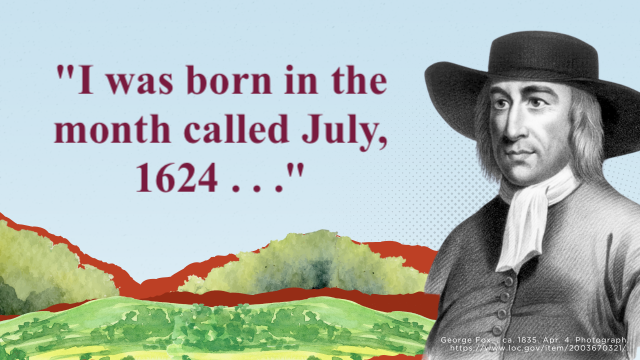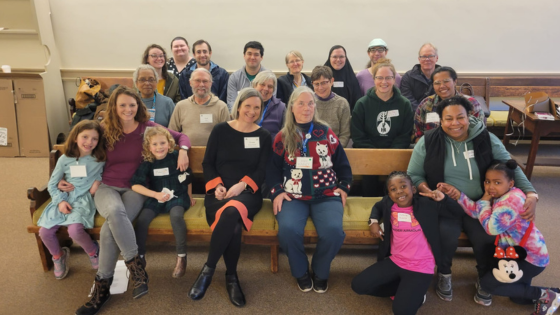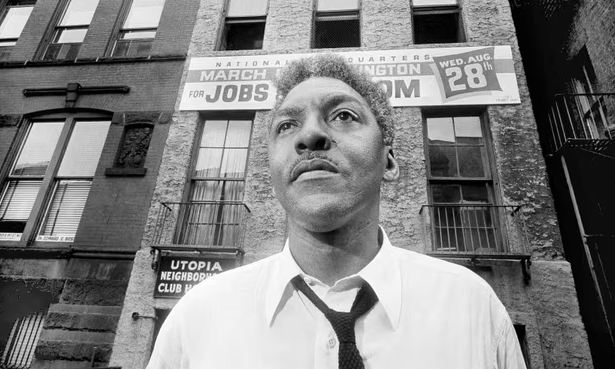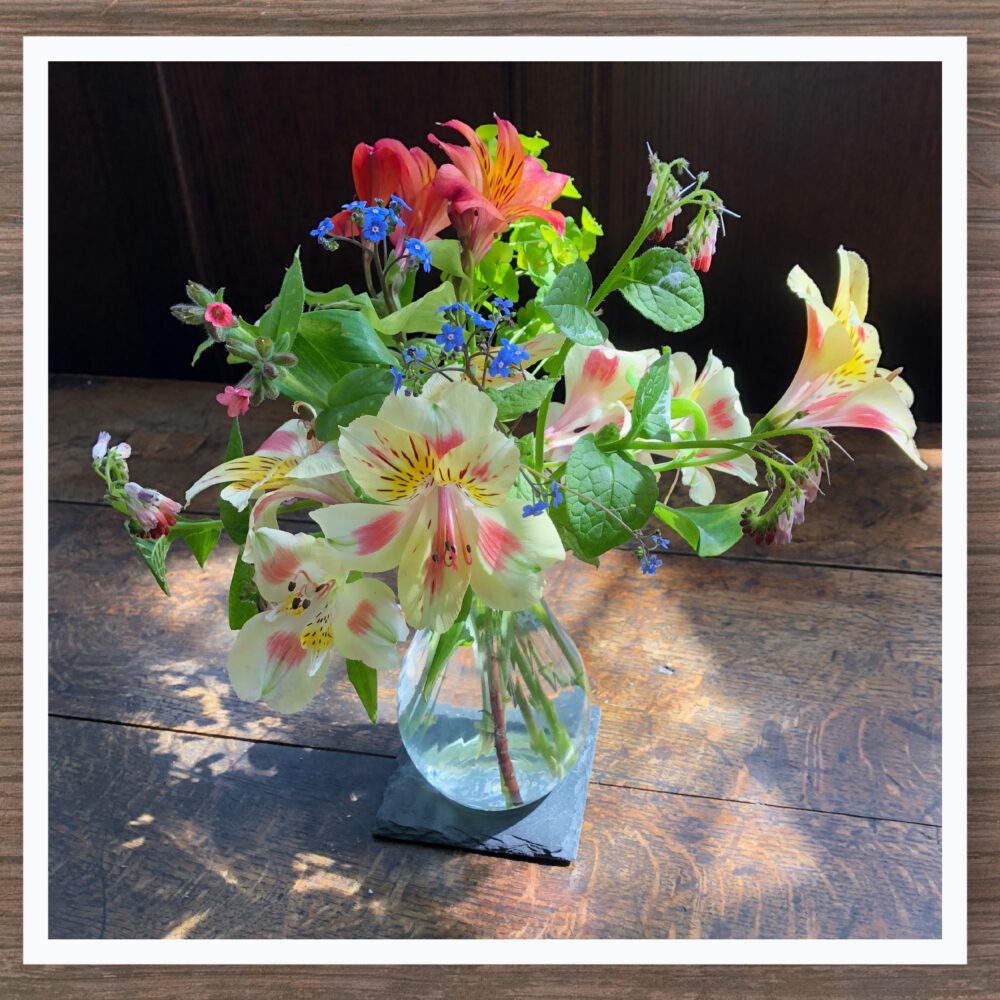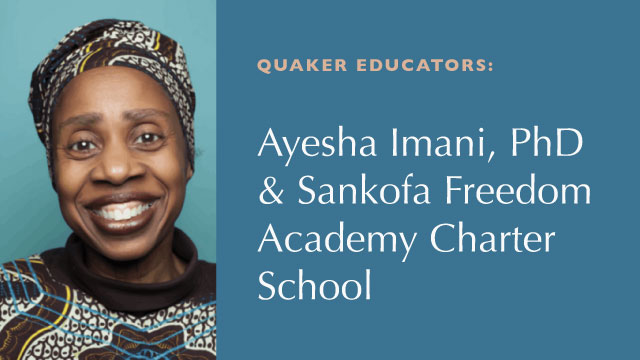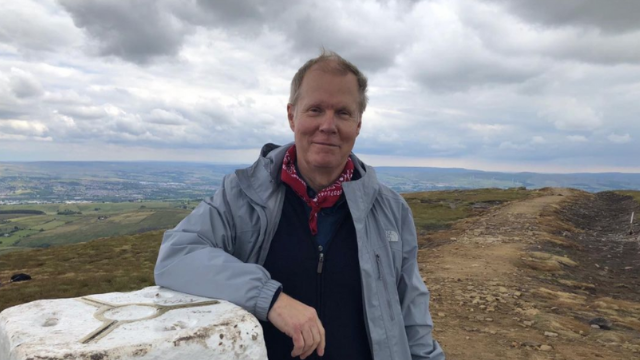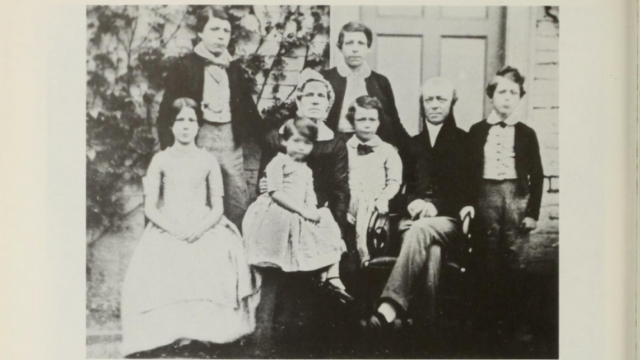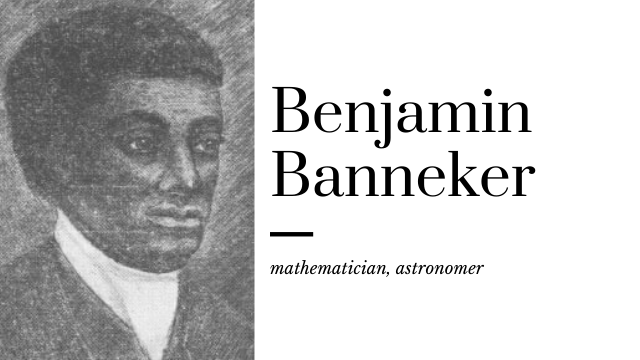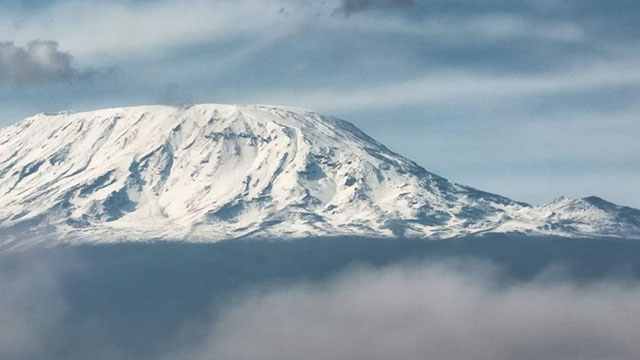July 2024 marks the 400th birthday of Quakerism co-founder George Fox. For more than a year, Friends around the world have been pondering and planning how to celebrate the life and legacy of this 17th century spiritual leader. Fox was a gifted speaker who drew on his Christian faith to challenge societal injustice in his time, but he is not a “famous Friend” without aspects of his life and ministry that we are called to consider in the light of today. Almost four centuries after his public ministry shaped the beginnings of the Religious Society of Friends, across the globe Quakerism continues to evolve and contribute to our wider society. Shared here are available resources for summer celebrations and year-round learning about the legacy of George Fox at 400.
Famous Quakers
Spring Continuing Sessions REWIND
Continuing Sessions Rewind
Last weekend, Friends from across the four states of our PYM footprint came together for Spring Continuing Sessions. We learned, listened and felt the joyous presence of Spirit in community while we explored the 2024 Sessions theme, “Called to Healing.” Meeting for Worship with Attention to Business was held on Saturday morning and Sunday afternoon, and minutes from business sessions will be on the website in coming days. Because the Annual Sessions schedule is shorter this summer (July 6-7), our times for business at Continuing Sessions weekends are being extended. [Read more…] about Spring Continuing Sessions REWIND
Feature Film about Friend Rustin Bayard Opens November 3rd
A movie focused on the life and work of Friend Bayard Rustin is being released in the coming days, joining the 2002 documentary Brother Outsider and offering a new way for the wider public to learn about the peace, labor, and civil rights organizer and activist. [Read more…] about Feature Film about Friend Rustin Bayard Opens November 3rd
Margaret Fell: “Mother of Quakerism”
A question that we might ask today, “How can we make our meeting a community in which each person is accepted and nurtured and strangers are welcome?,” is one that would also have resonated with Margaret Fell Fox. Known as “The Mother of Quakerism,” Margaret Askew was born in 1614 in the Lake District of northern England. She married and became Margaret Fell at the age of 17 and was the mother of eight surviving children with Judge Thomas Fell. When she died in 1702 at the age of 88, Margaret Fell Fox had outlived her second husband, George Fox, by eleven years. The Quaker movement in 17th century England survived early persecution and grew as a religious movement in part because of Margaret’s social privilege, organizing skills, care for community, and deep faith. [Read more…] about Margaret Fell: “Mother of Quakerism”
Quaker Educators: Ayesha Imani, PhD, and Sankofa Freedom Academy Charter School – Part 2
Ayesha Imani, Ph.D., is a Quaker educator who serves as Chief Executive Officer (CEO) of the Sankofa Freedom Academy. She is also one of the founders. This is part two of a two-part interview with Ayesha about community energy, spiritual focus, Quaker educational ideas, and the creation of the Sankofa Freedom Academy Charter school. [Read more…] about Quaker Educators: Ayesha Imani, PhD, and Sankofa Freedom Academy Charter School – Part 2
Quaker Educators: Ayesha Imani, PhD & Sankofa Freedom Academy Charter School – Part 1
When a visitor arrives at Sankofa Freedom Academy, a Philadelphia charter school, the first feeling is one of love. A second feeling is calm – Sankofa students and teachers are full of intention and purpose. The third is respect and joy.
These school walls may hold moments of stress or success, but either way, no one is going to be left unsupported or un-loved, and the community is there to value and lift each soul, and all minds, up.
Ayesha Imani, PhD, is the Quaker educator who serves as Chief Executive Officer (CEO) of the Sankofa Freedom Academy. She is also one of the founders. The kindergarten to grade 12 school – which opened in 2009 and is currently the only Freedom School in Philadelphia – was inspired by Ayesha’s children’s positive experiences in Quaker schools, the Quaker faith, the need for a culturally African-centric instructional model, and the charter school movement.
This is a story of Quaker energy and spiritual focus.
George Schaefer: On the Practice of Pastoral Care
There are not many people who know George Schaefer and do not turn to him for wisdom, or for a much-needed and deft delivery of just-in-time Quaker advice and knowledge. This has been true on PYM staff, at every Annual Sessions, in crisis situations, and for those moments of song, fellowship, and joy that come our way as Friends in community.
[Read more…] about George Schaefer: On the Practice of Pastoral Care
Famous Quaker: John Cadbury, The Inception of Cadbury Bros and the Eventual Chocolate Empire
John Cadbury (1801 – 1889) was born into a prominent Quaker family in Birmingham, England. A businessman who capitalized on the fashion for chocolate drinks, John parlayed a specialized coffee and tea shop on Bull Street into the Cadbury chocolate business.
The Cadbury family joined the Quaker Faith in 1725. John’s father Richard Tapper Cadbury was Chairman of Birmingham City for 15 years and his career as a successful merchant is explored in John Crosfield’s book, A History of the Cadbury Family, Vol 1. The Cadbury family’s legacy was felt beyond the chocolate business.
Famous Quaker: Benjamin Banneker, an Astronomer and Mathematician
Benjamin Banneker (1731-1806) was a self-educated African American mathematician, astronomer, surveyor, compiler of almanacs, and writer. He was also a regular attender at Quaker meetings and an abolitionist who gained fame and recognition for his contributions to science and his prescient correspondence on multiple subjects, including race, with key intellectuals of the time.
[Read more…] about Famous Quaker: Benjamin Banneker, an Astronomer and Mathematician
Norval Reece: Climbing Mt. Kilimanjaro and Other Mountains (Like the Pandemic)
With many thanks to Norval Reece of Newtown Monthly Meeting who wrote the following piece about his experience climbing Mt. Kilimanjaro following a Quaker assignment in India. Norval was at the Friends Centre in Delhi, sponsored by the AFSC and British Friends Service Council. He is a member of Newtown Meeting and previously published a version of this story in the Courier Times of Bucks County (PA).
[Read more…] about Norval Reece: Climbing Mt. Kilimanjaro and Other Mountains (Like the Pandemic)
